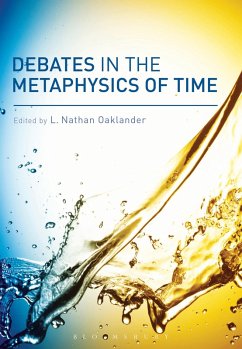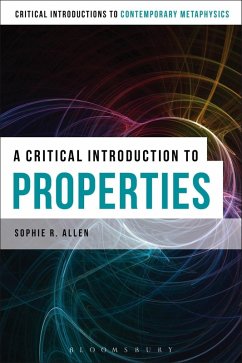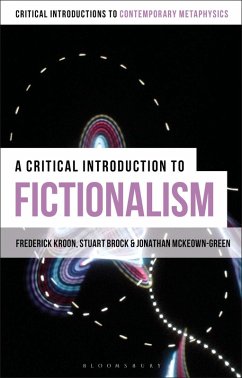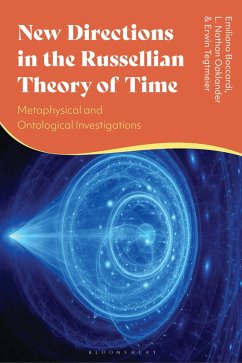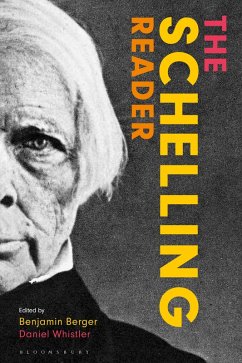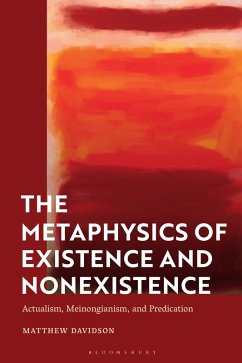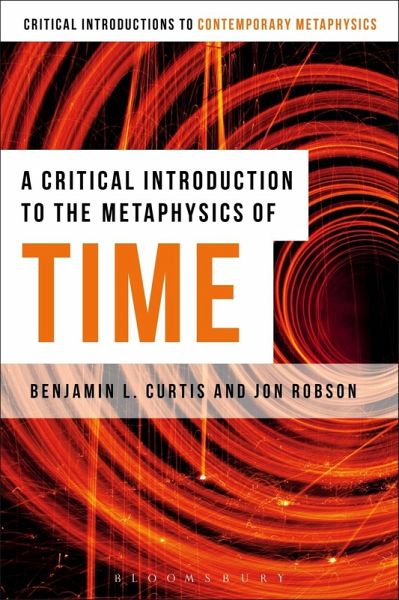
A Critical Introduction to the Metaphysics of Time (eBook, ePUB)
Sofort per Download lieferbar
29,95 €
inkl. MwSt.

PAYBACK Punkte
15 °P sammeln!
What is the nature of time? Does it flow? Do the past and future exist? Drawing connections between historical and present-day questions, A Critical Introduction to the Metaphysics of Time provides an up-to-date guide to one of the most central and debated topics in contemporary metaphysics. Introducing the views and arguments of Parmenides, Plato, Aristotle, Descartes, Newton and Leibniz, this accessible introduction covers the history of the philosophy of time from the Pre-Socratics to the beginning of the 20th Century. The historical survey presents the necessary background to understanding...
What is the nature of time? Does it flow? Do the past and future exist? Drawing connections between historical and present-day questions, A Critical Introduction to the Metaphysics of Time provides an up-to-date guide to one of the most central and debated topics in contemporary metaphysics. Introducing the views and arguments of Parmenides, Plato, Aristotle, Descartes, Newton and Leibniz, this accessible introduction covers the history of the philosophy of time from the Pre-Socratics to the beginning of the 20th Century. The historical survey presents the necessary background to understanding more recent developments, including McTaggart's 1908 argument for the unreality of time, the open future, the perdurance/endurance debate, the possibility of time travel, and the relevance of current physics to the philosophy of time. Informed by cutting-edge philosophical research, A Critical Introduction to the Metaphysics of Time evaluates influential historical arguments in the context of contemporary developments. For students looking to gain insights into how ideas within the philosophy of time have developed and better understand recent arguments, this is the ideal starting point.





